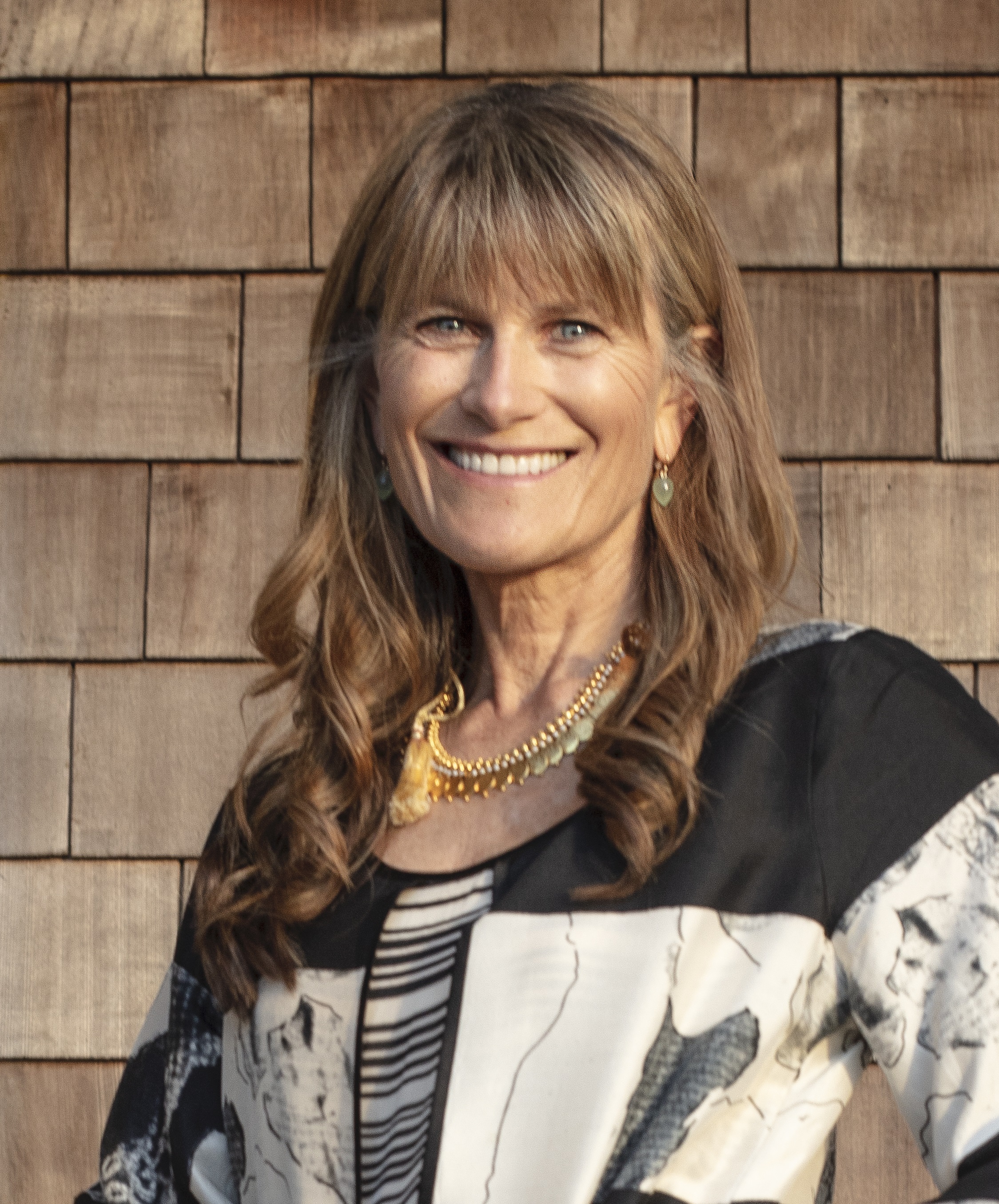Purpose is at the center of the conversation about the way we work and live. Science has now validated that a sense of purpose is essential to every aspect of our well-being. And on a collective level, purpose-driven companies are more resilient, better able to navigate an ever-changing business climate, and grow in a sustainable way. We talked to leaders about the role that purpose plays — both personally and professionally — in the world today.
Thrive Global: How did you first discover purpose in your work?
Jacqueline Novogratz: I always wanted to change the world, but I balanced it knowing I needed to earn enough income to support myself. My first job was in international banking. I loved working in other countries, and also loved the power of investing in entrepreneurs, for there is nothing like seeing ideas translated into action and jobs. What I didn’t love was seeing how the poor were often excluded from the opportunities of the financial sector, especially as my early travels in banking enabled me to spend time in low-income communities that were filled with entrepreneurial individuals with so many odds stacked against them. So I left my career on Wall Street to start the first microfinance bank in Rwanda.
There, I found my purpose though at the time there were moments when I could not have told you what I was doing there. But I let the work teach me—about the world and myself. And over the next three decades and as I founded Acumen, I grew into my purpose—and that it is what drives me in every aspect of my life.
TG: How does purpose show up for you in your work now?
JN: As Acumen’s Founder and CEO, I constantly remind myself that the work we do is in service of the poor, in service of finding solutions to change the way the world tackles poverty. That makes every decision a lot easier to make. It makes finding the right people easier as well. It comes down to alignment, plain and simple.
TG: Do you have a clear sense of your life’s purpose? How has that evolved? Do you expect it to keep evolving?
JN: Rilke speaks about living the questions and somehow, over time, finding our way to the answers. The same is true of purpose, just as it is of love. There is a deepening of understanding that comes from making a commitment and grounding yourself with a moral compass. And that is especially important in this transitional moment in history, one in which we know the old ways no longer work and somehow have to find our path to the new ways. None of us have a roadmap. But we can navigate via our north stars with a vision of the world that can be.
TG: What do you think are some ways businesses today can ‘live’ purpose? How do you think about instilling purpose in others?
JN: As a world, we must make profit work for us and not control us and see investment as a means, not an end in itself. D.light, an Acumen investment, is a solar company that started in 2007 with the purpose of eradicating kerosene by bringing clean, affordable solar light and electricity to the poor. It has taken 10 years to understand low-income customers and take advantage of changing technologies, but today more than 76 million people have changed their own lives because of this company. When I speak to distributors, sales agents and customers themselves, it is impossible not to feel a deep and shared sense of purpose and possibility. By focusing on purpose, d.light has released the human energy of millions and inspired dozens of new companies to arise from a place of service and possibility. When businesses—and individuals—put purpose ahead of profit, insisting on long-term profitability for stakeholders, not just shareholders, we will see the shift needed to create a world focused on all of us, not just some of us.
TG: It’s said that ‘we measure what matters and what matters gets measured.’ If your business has metrics of meaning and well-being in addition to financial metrics, what are they? If not, what could they be?
JN: At Acumen, we have been committed to understanding the impact of our work since the day we made our first investment. Most recently, we created Lean Data, our approach to impact measurement, with the customer in mind.
An increasing number of investors talk about creating good through their investments. While we see that as great news, we also know that good intentions aren’t enough. If we are serious about creating social impact that means that we will get serious data about whether we’re successful at turning our intentions into reality.
With this in mind, a few years ago we realized that the only way to get this right was to get data directly from our end customers—who, for Acumen, are primarily people living below the poverty line. Since these customers are hard to reach, we developed a new approach we call Lean Data. We use technology, primarily mobile phones, to dramatically decrease the cost of gathering data, and we developed our own proprietary questions that allow us to hear the voice of tens of thousands of customers in the most remote, hard-to-reach areas of the world. The result is fast, easy-to-collect, robust data that lets us understand, in real time, the actual progress we are making in solving some of the world’s toughest problems. These are metrics like: how poor are our customers, how much money are they saving using our company’s products, how much have they decreased their CO2 production, and how much longer are their kids studying at night. These are the numbers that ultimately tell us where we are succeeding, and what changes we need to make to create even more of an impact on our customers’ lives.

